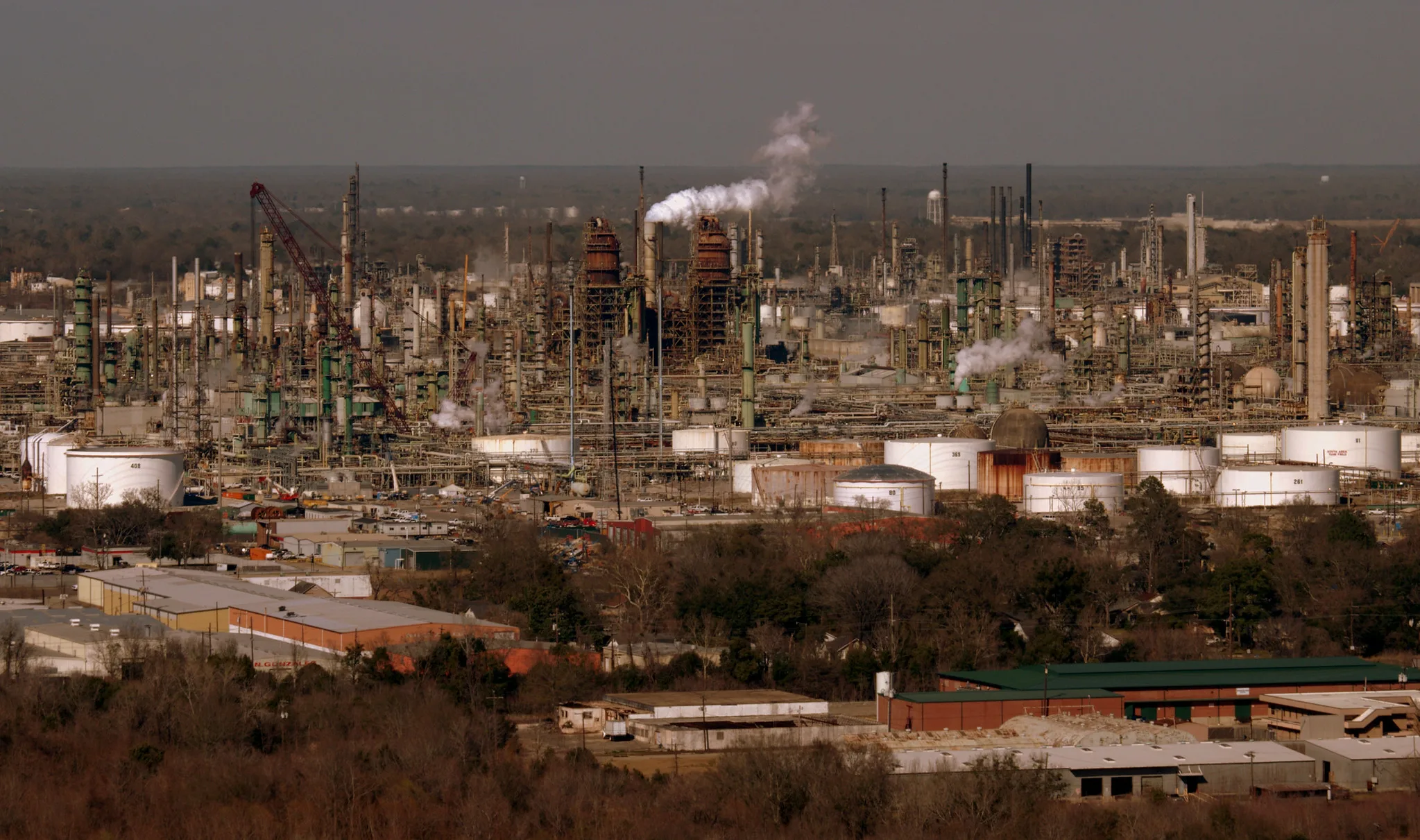SONALA OLUMHENSE FROM PUNCH
Left to me, we should no longer be talking about Muhammadu Buhari. But how can we move on when he continues to remind us of the misfortune that he was?
So, let us talk about Buhari, beginning with the article, “One Hundred Days After Buhari,” by his former spokesman, Garba Shehu.
It is important to push back on this article because not only does it attempt to reconfigure Nigerian history in Buhari’s favour, but it also brutalises and insults his victims: the ordinary people of Nigeria who trusted him in 2015.
Mr. Shehu recounts the “successes” of his former principal, some of them true, some false, most of them overstated, as a basis for clobbering and bludgeoning Buhari’s critics.
Every leader has a measure of “success,” some of which he may have had nothing to do with. That is the nature of governance as an enterprise.
The problem with painting Buhari in colours of glory is that they are colours he promised but never delivered. As I have written elsewhere, we cannot measure Buhari in the same way we measure Goodluck Jonathan or even Olusegun Obasanjo, predecessors of his whom he lampooned for a decade and a half as he sought the presidency.
Why? Because Buhari’s problem with them was framed in terms of character and ambition. He positioned himself as the anti-Obasanjo and anti-Jonathan ultra-patriot who would provide the strength of character to lead Nigeria for Nigerians.
Remember, Nigerians were tasting Buhari for the second time. As Head of State, and then, 30 years later, as President.
That first time around—young and spritely, and complemented by the unsmiling Brigadier Tunde Idiagbon (whom those who do not know should look up to)—holding himself up in a practised pose and arriving in stiff fatigues—Buhari was the handsome picture of reassurance. Unfortunately, his excesses within just two years caused his military buddies to eject him from power.
Buhari took umbrage. For the next 30 years, he grumbled and bristled and plotted. He dismissed others as corrupt and advertised himself as Mr. Anti-Corruption. He said he was a patriot.
By floundering, Nigerian leaders handed him a priceless gift, making him a fiction of credibility and political attractiveness.
In time, he became the face of the marketing of the APC. He was the anti-PDP, the previous symbol of Nigerian greed and dysfunction. Buhari vowed. He preached. He begged.
But he was simply power-hungry. From his first month in office until his last, he provided evidence that both he and all who said he had integrity were fraudulent, or at best, deluded.
The reality is that Buhari had no idea what leadership was. He assumed he could play the part of a Nollywood actor jetting from one place to another to read written speeches handed to him by paid officials.
But leadership is conviction, character and responsibility. Literally within days of assuming office in 2015, time and chance provided him with an opportunity to reintroduce himself when Breaking Times, an Abuja-based newspaper, published an unusual article.
“President Muhammadu Buhari owns the sprawling Asokoro lakeside mansion located at Number 9, Udo Udoma Street, Asokoro, Abuja,” it wrote, following which the newspaper’s website disappeared.
Time after time after time, I called on the Presidency to refute the story, which, at the very least, meant that Buhari owned six homes, not the five he had reported.
Buhari persisted in his two-track dichotomy between what he said and what he did. In November 2016, for instance, the Presidency swore that Buhari would “always tell Nigerians the truth.”



Connect with us on our socials: